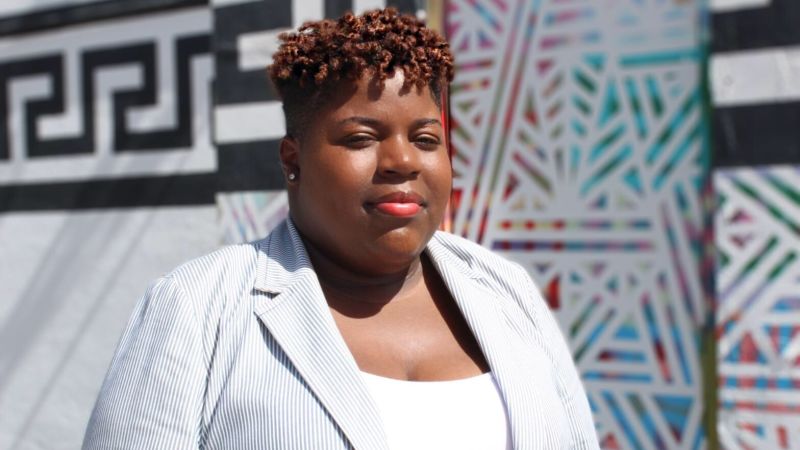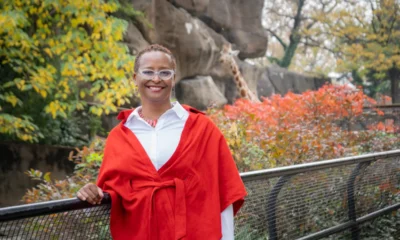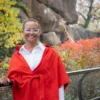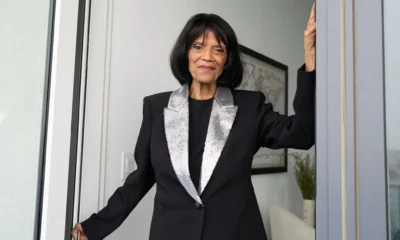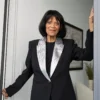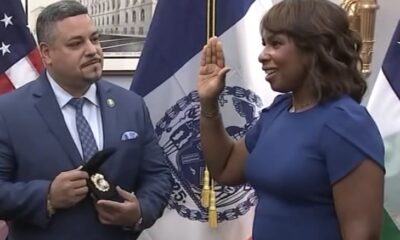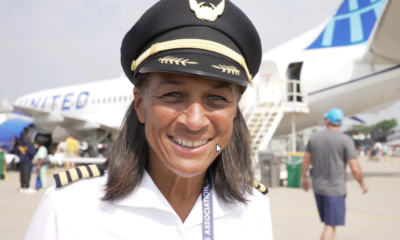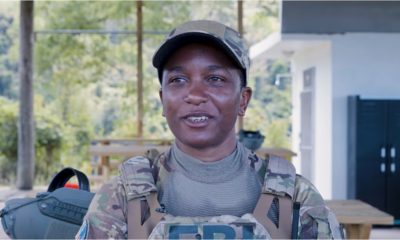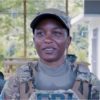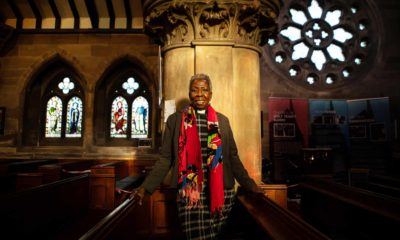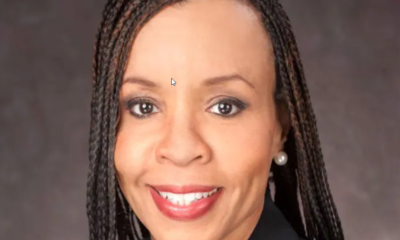Black Women in the News
Color of Climate: Meet a Power Player in Miami’s Fight Against Climate Gentrification
There’s one nickname Valencia Gunder says she’s never used for her hometown of Miami—the Magic City. Though she’s lived there her whole life, the 33-year-old resident of Liberty City, a predominantly black and working-class neighborhood in northwest Miami, told The Root, “Maybe where I grew up at, it was never magic for us.”
But Gunder is more than aware of the nickname, especially considering that a $1 billion development project by the same name is underway in the rapidly gentrifying neighborhood of Little Haiti, where she works as a community organizer for Florida New Majority, an organization aimed at empowering and mobilizing historically marginalized groups.
“Once they build this Magic City innovative community and all of the other big developments that are happening, that we’ve been trying to fight, Little Haiti will be wiped away,” she said.
According to Gunder, these mainly working-class (pdf) residents have a high chance of being displaced because of climate gentrification. In a city where prime real estate appears to be properties situated multiple feet above sea level in low-income communities, many fear they’re on the verge of being pushed or priced out of the spaces they call home. Little Haiti happens to sit 10 feet above sea level.
In the second of a three-part series, The Root talked to Gunder and others on the front lines in the fight against climate change about how it influences gentrification in marginalized communities in South Florida.
Gunder’s fight for climate justice began two years ago after she attended a listening session hosted by the Climate Leadership Engagement Opportunities Institute on behalf of her boss, who couldn’t make it. The CLEO Institute is a nonprofit designed to grow the climate literacy of South Florida’s most vulnerable populations.
“They were discussing climate and first responding, but through the lens of equity, low-income communities and people of color,” Gunder said.
Gunder, who earned a degree in international agricultural business from Florida A&M University, has learned a lot about environmental science issues through an agricultural perspective. But her upbringing in Liberty City allowed her to also acknowledge the human element of climate’s impacts.
Gunder says she was later approached by CLEO Institute founder Caroline Lewis, also known as the Jane Goodall of climate change, to work together
Please read original article- Color of Climate: Meet a Power Player in Miami’s Fight Against Climate Gentrification



